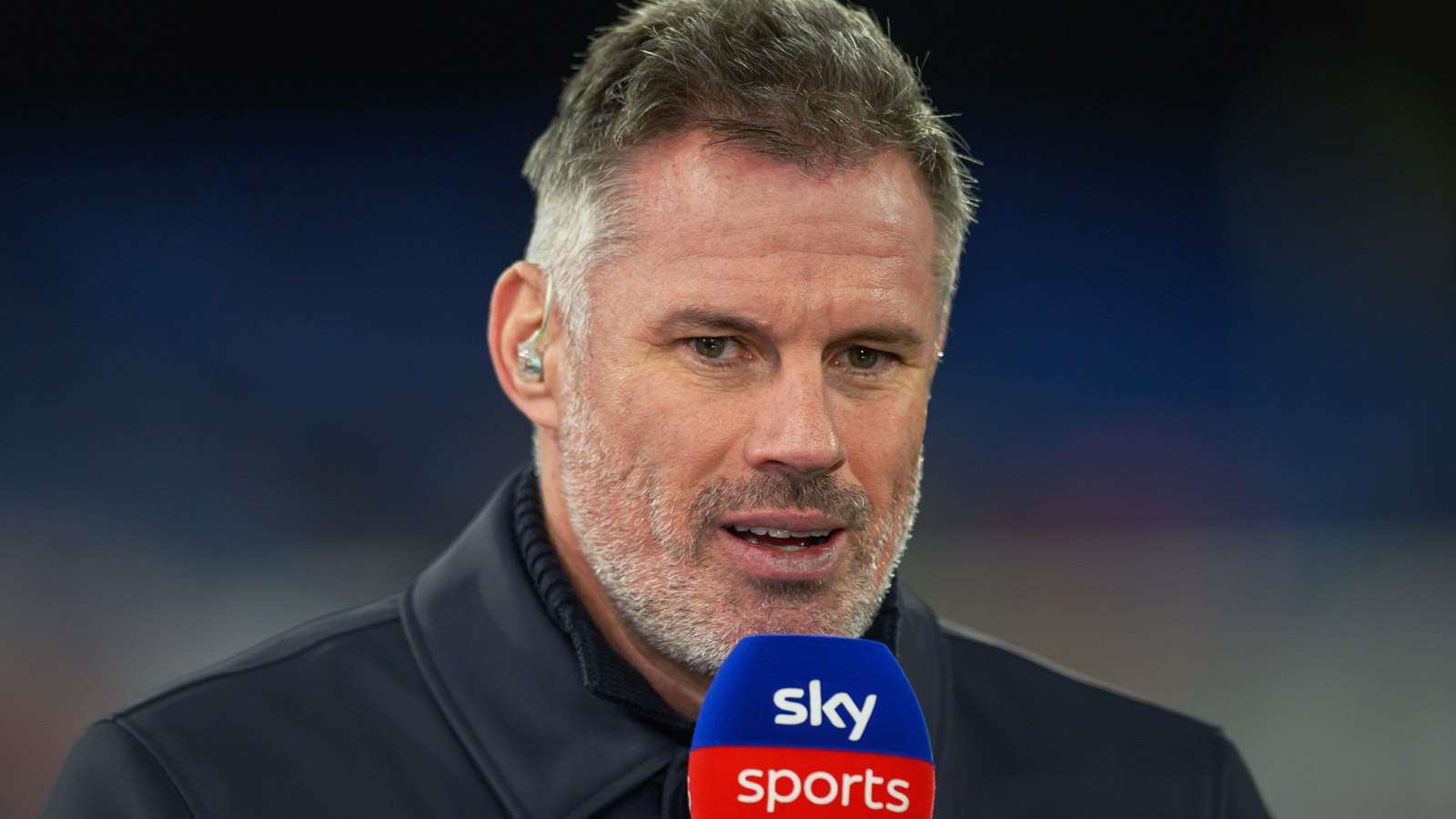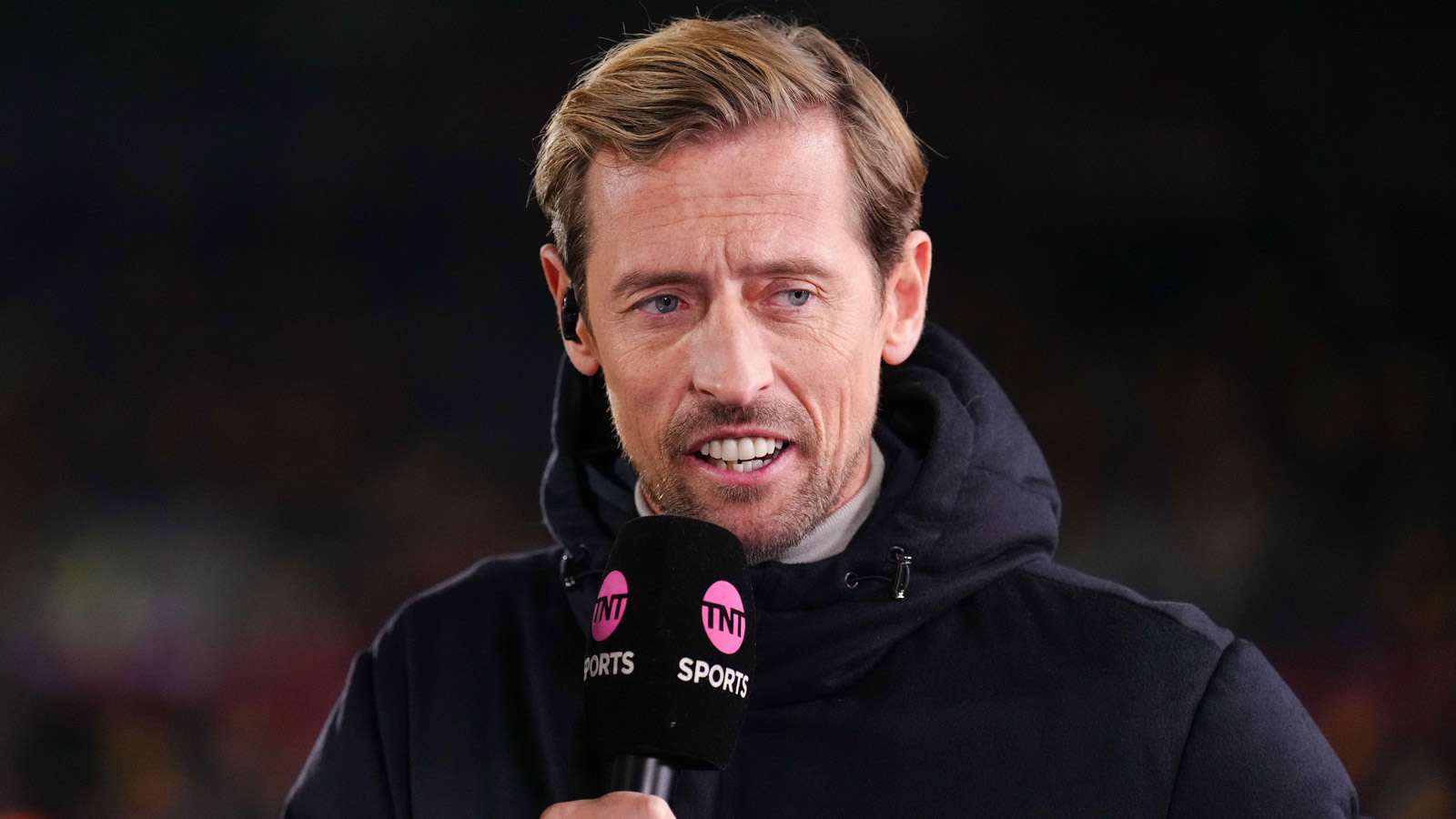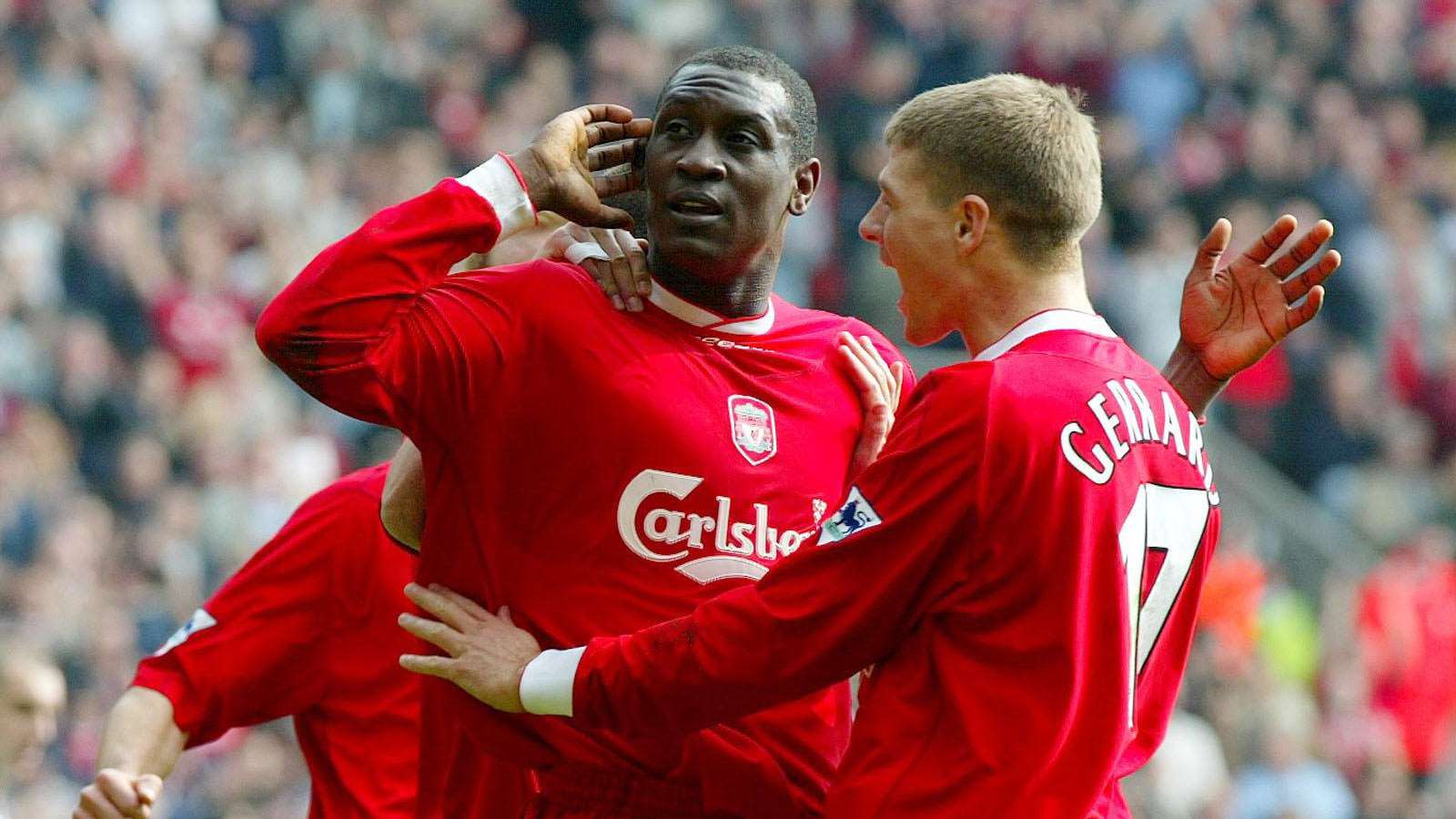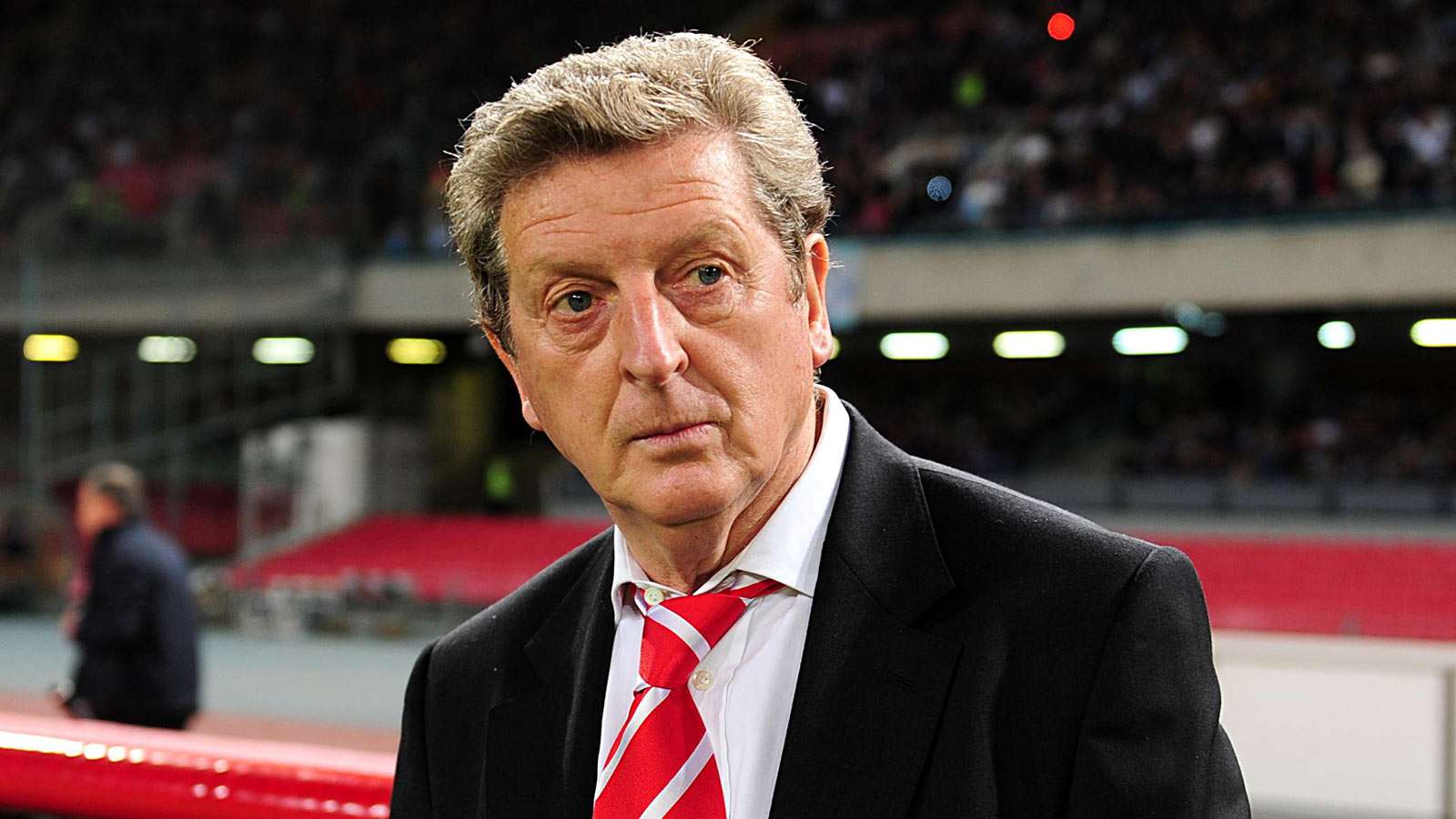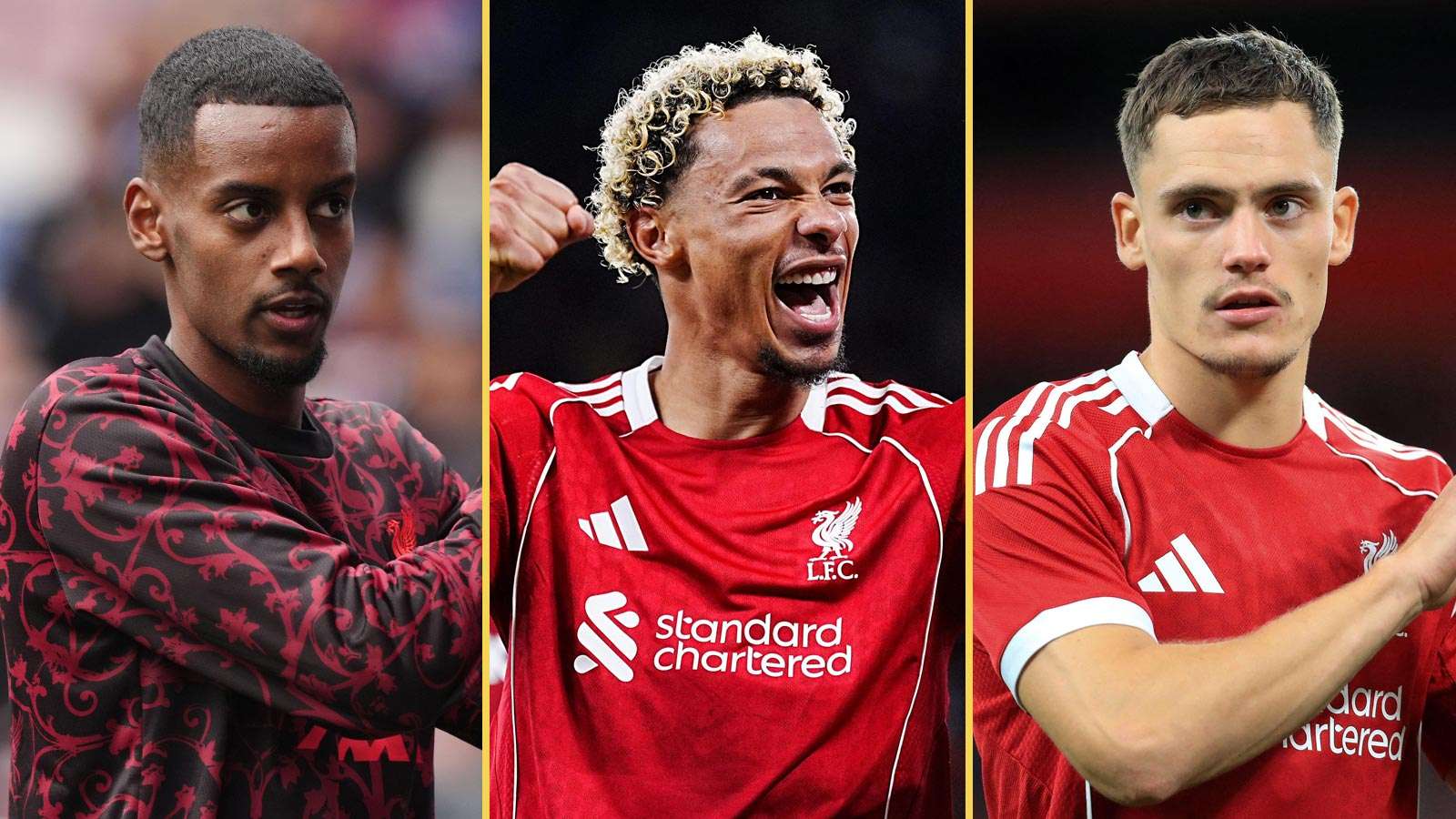Jamie Carragher the ex-Liverpool defender delivered a damning assessment after the Galatasaray loss, insisting the issues have been “coming since day one”
Structural cracks have been visible since the opening day. Two defeats in four days have stripped away the illusion of control and handed Arne Slot his first real test as Liverpool manager.
Liverpool trudged off the pitch at Rams Park after a 1-0 defeat to Galatasaray not with the fury of injustice, but with the unmistakable look of a team that knows it has serious problems.
Victor Osimhen’s first-half penalty was enough to condemn the Premier League champions to their second defeat in four days, but the scoreline barely told the full story. Arne Slot’s side looked disjointed, defensively fragile and emotionally flat. In a city that holds such fond memories for the club after their famous 2005 Champions League triumph, this was a sobering reminder of how quickly momentum can shift.
Jamie Carragher didn’t sugarcoat it. “I’m not watching a top team,” he told CBS Sports, shaking his head in disbelief. “Liverpool are not playing football, they’re playing basketball. And I told Slot this on the first game of the season against Bournemouth.”
“They obviously have a fantastic manager. Liverpool last season were a top team, but also a workmanlike team, which they’ve sprinkled a bit of stardust on in terms of the transfers they have brought in. And they haven’t gained anything going forward, but they’ve lost a lot defensively.”
Carragher, never one to shy away from uncomfortable truths, has been warning since August that something about this Liverpool team didn’t feel right. The defeats at Crystal Palace and Galatasaray have merely dragged the issues into the daylight.
Liverpool began the season with seven wins from seven in all competitions, sitting two points clear at the top of the Premier League table. On paper, everything looked fine. The numbers told a different story.
At Selhurst Park, Crystal Palace carved out seven big chances the most any side has created against a Premier League team this season. Newcastle, with 10 men, bullied Liverpool in the second half of their encounter earlier this month. Even in victory, the control that defined Slot’s debut campaign never truly appeared.
Carragher’s assessment was as blunt as it was accurate: “It’s not the losses, it’s not the defeats, it’s the performances. And this has been coming from day one. Liverpool got battered by Newcastle in the second half of that game, and Newcastle had 10 men. That cannot happen.”
Opponents have repeatedly found joy attacking the space behind their full-backs, while the midfield has too often lacked the compactness and aggression that made Slot’s Liverpool such a formidable unit last season.
Slot’s Liverpool in 2024–25 were supposed to evolve, not unravel. The Dutchman’s first year in England was defined by a compact, organised 4-2-3-1 system that blended tactical discipline with attacking flair.
This season, the tweaks have tilted the balance too far. In an effort to integrate Florian Wirtz and Hugo Ekitike into the starting XI, Liverpool have often committed too many players forward too early in possession, leaving the double pivot exposed. Full-backs push high simultaneously, while Wirtz’s tendency to roam centrally has left gaps out wide.
The result is what Carragher called “basketball” football frantic, end-to-end exchanges that expose the back line to repeated waves of pressure. Liverpool aren’t controlling games they’re surviving them.
Galatasaray could easily have scored more than once. Alisson was forced off injured after denying Osimhen one-on-one. It was the kind of disorganisation Liverpool thought they’d left behind years ago.
Last season’s success was built on a midfield that, while not glamorous, provided structure and security. This campaign, the injection of “stardust” as Carragher put it has upset that balance.
Wirtz’s adaptation struggles have compounded matters. The young German has yet to find a consistent role in Slot’s system, often floating between lines without providing either defensive support or sustained attacking threat.
The knock-on effect is that Liverpool’s press has become disjointed, their counter-pressing less synchronised, and their defensive line increasingly exposed. Good teams punish that ruthlessly. Palace and Galatasaray did.
Carragher’s message was pointed:
“I think for the manager now, he needs to really earn his money. He did last season, by winning the Premier League, but there are few problems he has got to fix. It will be really interesting how he goes about it, because he spent a lot of money on certain players. Right now, the balance of the team is not right.”
Slot is no stranger to tactical adjustments his reputation was built on adaptability. But this moment feels different. This is the first real spell of turbulence since he took charge, and how he responds will shape Liverpool’s season.
Returning to the principles that made them champions might be the obvious starting point: restoring midfield stability, tightening the defensive structure, and removing players who aren’t yet fully integrated. That likely includes Wirtz, who Carragher singled out:
“The obvious one that stands out is Florian Wirtz, who is just not at the races at all. He’s a young boy, coming to a new league, and has plenty of time to go. But right now, he needs to come out of the team.”
Liverpool’s trip to Stamford Bridge on Saturday suddenly feels like more than just another league game.
Slot now faces the kind of tactical and psychological challenge that defines eras. His first season was a triumph. His second could be shaped by how quickly he repairs what’s broken.
